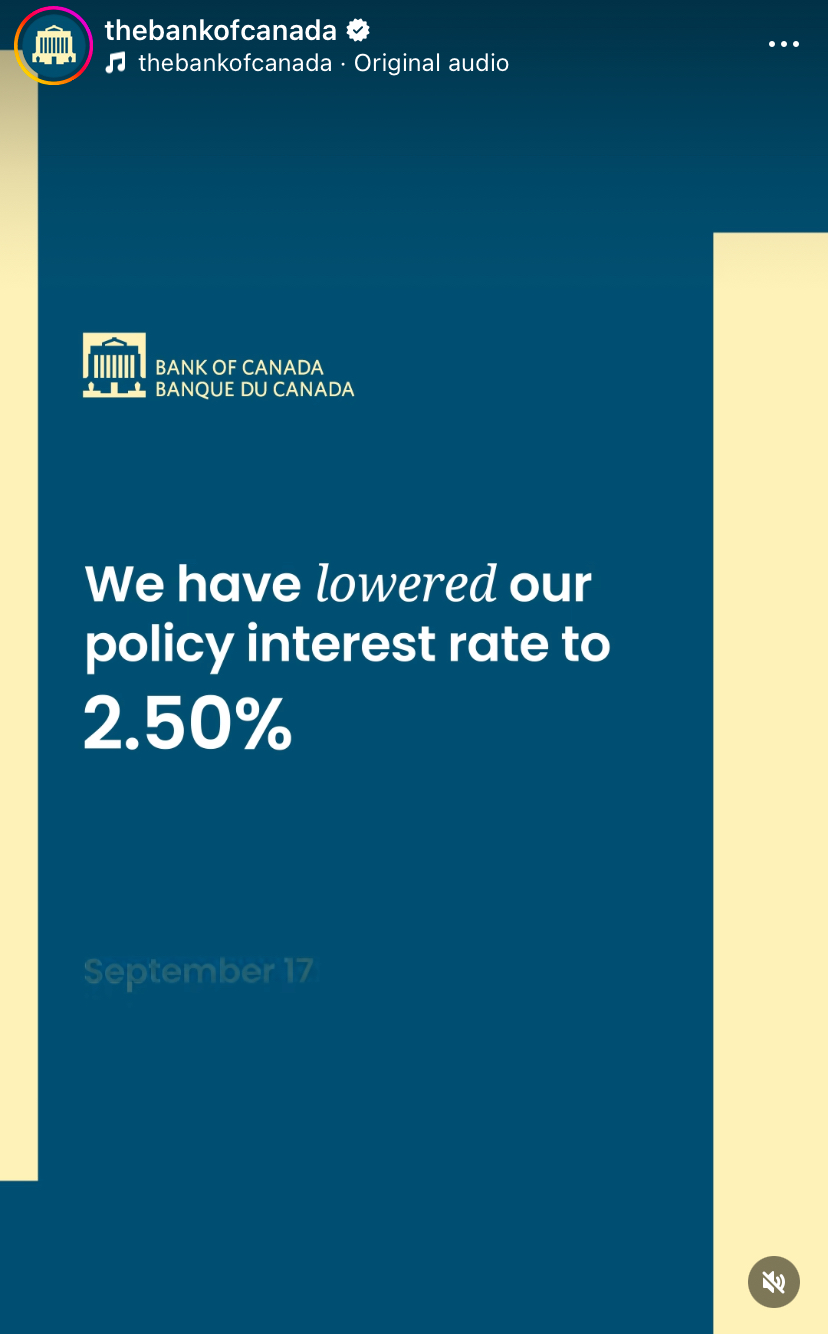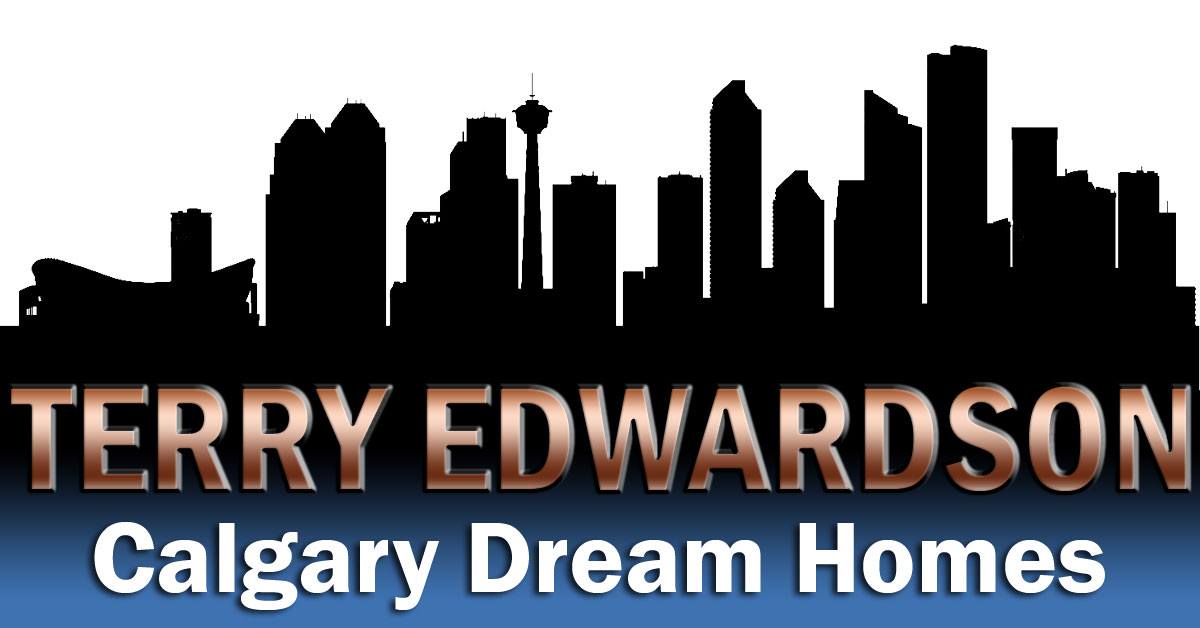A Calgary Buyer’s Guide to Spotting Hidden Issues in Winter
House hunting in winter can be beautiful — fresh snow, cozy interiors, and quiet streets. But Calgary buyers also need to be smart: snow can hide issues that you’d easily spot in the spring.
Here’s how to make sure you’re seeing the full picture when shopping for a home in the snow
🌨️ 1.Snow Can Hide Exterior Problems — Look Closely
Snow looks pretty, but it can cover trouble. As you walk around the property, keep an eye out for:
✔️Roof Condition
Shingles, flashing, and damage are harder to see once everything is white.
Tip: Look for uneven snow melt. Areas that melt faster could signal heat loss, poor insulation, or a ventilation issue in the attic.
✔️Grading & Drainage
Snow can hide the slope around the home. Proper grading should angle away from the foundation.
Tip: If you see ice buildup near the house or pooling water during a warm day, it could mean poor drainage — a red flag for future water problems.
✔️Exterior Wear and Tear
Cracks in stucco or siding, damaged window trim, or worn caulking may be hidden.
Tip: Run your hand along window frames inside and out. If it’s cold or drafty, the sealing likely needs work.
🚪 2.Check Entrances, Steps & Sidewalks
How the current owner maintains their exterior in winter tells you a lot:
Are walkways shoveled?
Is ice controlled, or is salt piled everywhere?
Are handrails sturdy?
These clues show how well they care for the home in tougher conditions.
🔥 3.Evaluate Heating Efficiency
Winter is the best time to test a home’s internal systems.
✔️Furnace Health
Ask the age, service history, and filter type the furnace uses.
If it sounds loud or struggles to warm the home evenly, it may be nearing the end of its life.
✔️Cold Spots or Drafts
Walk room to room. Drafts near windows or uneven heat may point to insulation issues — something buyers often miss.
✔️Thermostat Use
If it’s set unusually low or high during your showing, it could be masking heating issues.
💧 4.How to Avoid Frozen Pipes — A Key Winter Checklist
Calgary winters can be harsh, and frozen pipes are a costly problem. Here’s what to look for:
✔️Exposed Pipes
In older homes, look for pipes near exterior walls, under sinks, or in unheated areas. These are the highest risk zones.
✔️Insulation & Heat Tape
Ask whether insulation has been added around vulnerable plumbing.
Modern homes often have better protections — older ones may need upgrades.
✔️Water Flow
Turn on taps throughout the home.
Slow flow in winter can be a sign of pipes starting to freeze.
🏡 5.Watch for Ice Dams & Gutter Issues
Ice dams form when heat escapes from the roof and melts snow, which then refreezes near the edges.
They can cause roof leaks and water damage.
Look for:
Thick icicles hanging off gutters
Water staining on soffits
Uneven ice buildup
These can indicate poor attic insulation or ventilation.
🚗 6.Don’t Forget the Garage
A warm, insulated garage is a major perk in Calgary.
Check:
Door seals
Insulation
Heating (if applicable)
Electrical panel capacity (for EV chargers or heaters)
💡 7.Bonus: How a Realtor Helps You Spot What Snow Hides
A trained eye is invaluable in winter. As a Calgary Realtor, I help buyers look past the snow to catch issues early — and negotiate accordingly.
From drainage concerns to furnace age, I make sure you understand exactly what you’re buying.
☕ Final Thoughts
Winter house hunting in Calgary has huge benefits — fewer buyers, motivated sellers, and the chance to truly see how a home performs in cold weather.
Just make sure you know what to look for beneath the snow.
If you want help navigating the winter market (and avoiding costly surprises), I’d be happy to guide you through it.
📞 Reach out anytime — let’s find you a home that’s winter-proof and worry-free.
















